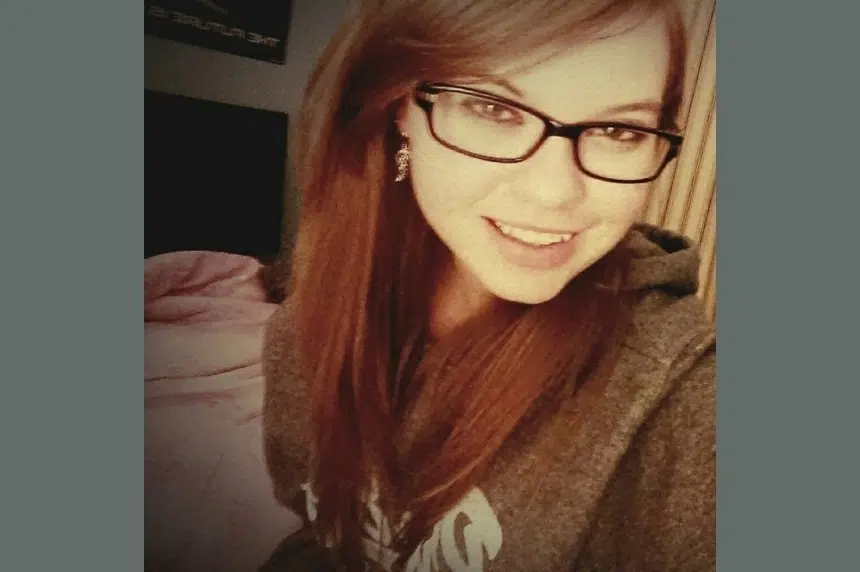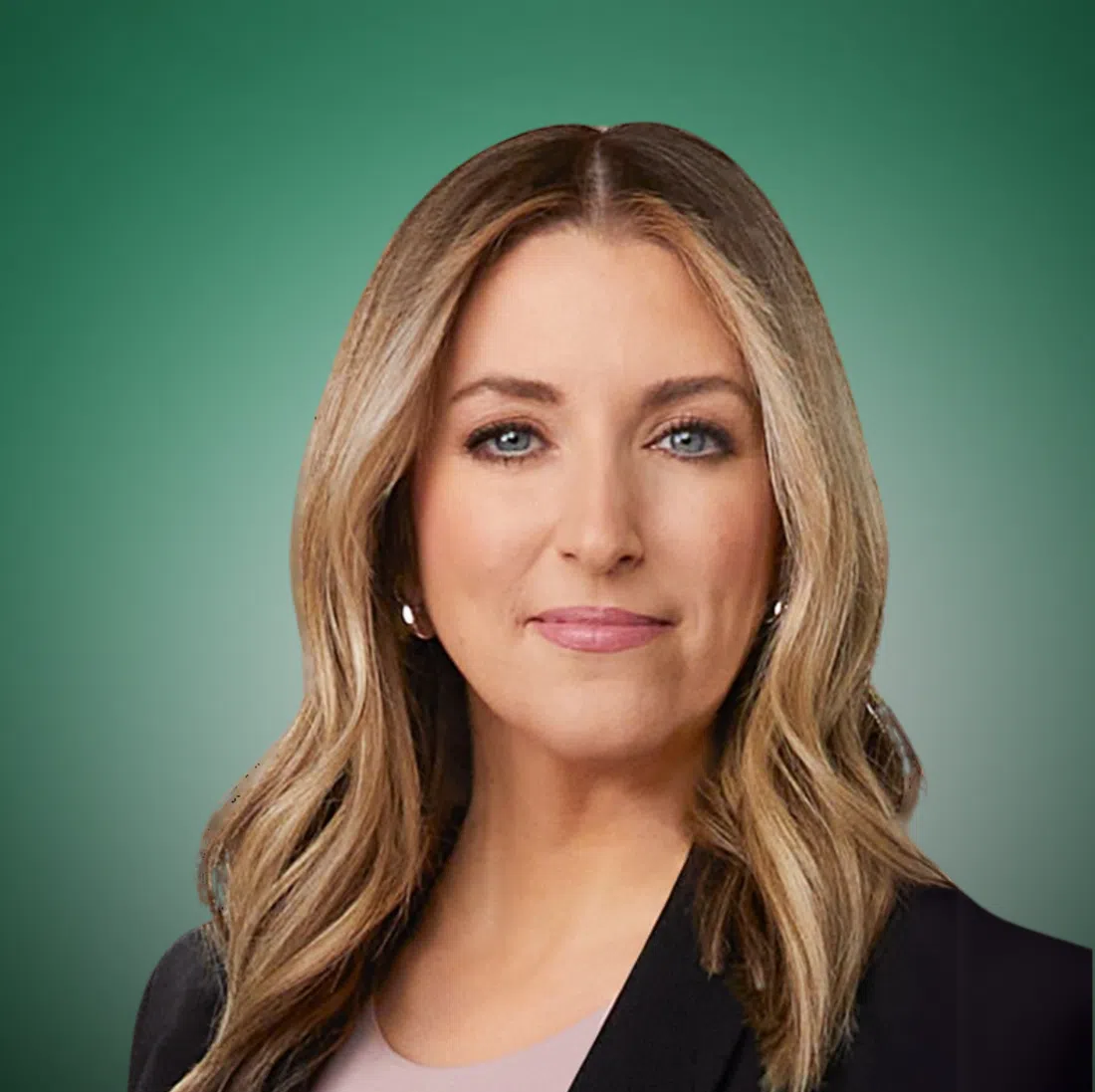The trial into the Hannah Leflar murder may have ended in a mistrial on Wednesday, but it will be back in the news in February 2017 when the new trial begins.
The news 16-year-old Leflar was found in her Regina home in January 2015 shocked the city of Regina – and the few details that came out in this week’s brief trial were disturbing.
Two teens were charged with first-degree murder. One awaits sentencing after pleading guilty, while the second awaits his second trial. Neither can be named due to the Youth Criminal Justice Act.
So how do you explain what happened to your kids or teens, especially if they knew Hannah or the accused?
The CJME Morning Show reached out to Liana Lowenstein, a Toronto social worker who specializes in working with traumatized youth. She offered these tips:
1. Initiate conversation
Lowenstein said what you say to your child will depend on their age. She recommends asking older children and teens what they know and how they feel about what they’ve heard.
“An entry point might be, ‘A lot of people are talking about what happened to Hannah and the terrible tragedy in our community. What have you heard and how do you feel about it?’”
For younger children, Lowenstein recommended providing a simple, direct and age-appropriate explanation, starting with, “Have you heard what happened to this girl named Hannah who died in a very sad way?”
“Then give the child an opportunity to explain what they’ve heard before offering a brief explanation.”
2. Be direct, honest and open
Lowenstein said, If a child feels reluctant to discuss, parents should model open discussion and talk about what they’re feeling.
3. Give a lot of reassurance
Lowenstein said it is important to reassure children that these kinds of crimes are rare.
She suggested saying, “Usually people are safe and I’m going to do my best to take care of you and keep you safe.”
She said younger children also need reassurance that the sadness they might be seeing or experiencing around them is not their fault.
“You may see me looking very sad and even crying. I’m really sad about what happened to Hannah, but you didn’t do anything wrong to make me sad and I’m still able to take care of you,” Lowenstein recommended saying.











